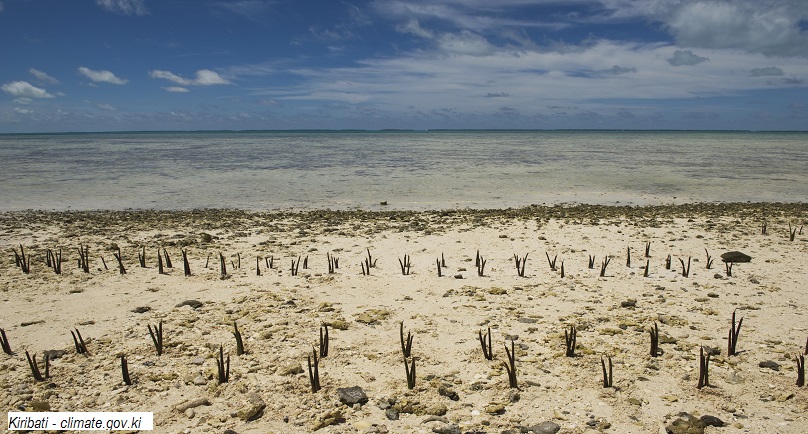By Sasha Pei-Silovo – EM TV, Port Moresby
A United Nations Human Rights expert has warned on the increased threats to food security in a news release dated Tuesday, November 3. Hilal Elver, the UN Special Rapporteur on the right to food, says that severe weather patterns, rising sea levels and temperatures, droughts and floods are having a drastic impact on food sources around the world.
Elver noted that 600 million people could be at risk of malnutrition by 2080, posing serious threats to the livelihood of persons around the world and called for serious actions to be put in place to address the growing trend of threats to food security brought on by climate change.
She stressed that countries who contribute the least to global warming are suffering the most and that mitigation and climate change adaption polices must also take into account peoples’ right to food.
Her calls come as world leaders prepare for the COP21 UN climate change conference in Paris from November 30-December 11, 2015.
The Pacific region is being hardly hit by the adverse effects of climate change, with low lying islands such as the Marshall Islands, Tuvalu and the Carteret Islands in PNG, struggling to cope with rising sea levels that have largely affected food gardens and homes. Islanders are faced with having to vacate their homes, and to become climate change refugees.
The on-going drought in the Highlands of Papua New Guinea has already claimed lives, with locals having to watch in despair as food crop gardens are destroyed by the continuous dry weather.

At the UN General Assembly’s Third Committee meeting in October, Hilal Elver also presented a report on the ‘right to food’ highlighting her concerns on the impact of climate change on food security.
Elver has recommended for any agreement to be made at the upcoming climate change conference to consider a clear commitment to ensuring climate justice and food security for all.
At the October meeting of the Committee on World Food Security (CFS) in Rome, Director-General of the Food and Agriculture Organisation of the United Nations (FAO) José Graziano da Silva and French Minister for Agriculture, Stéphane Le Foll, also shared the same concerns for food security.
They stressed that food security and agriculture should be at the centre of climate change debates; urging counties to reach a formal agreement on climate change.
Pacific leaders are hoping to receive support from Australia and New Zealand at the global forum on climate change and are pushing for a legally binding agreement which includes a 1.5 degree emissions target and an incorporated review on the climate situation every five years.


